Posted on 1/30/2026
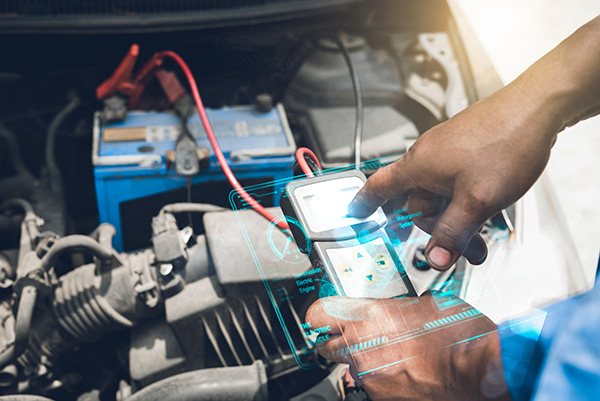
A car that starts fine one day and struggles the next has a way of making you doubt everything. You start watching the dashboard more closely, you turn the fan down, and you wonder if you are about to get stuck somewhere inconvenient. When people blame the battery, they are often half right. A weak battery can cause slow starts. But if the alternator is not charging correctly, the battery never gets a chance to recover. That is why checking the charging is so important before you replace parts. What The Alternator’s Job Really Is The alternator powers the vehicle while the engine is running and recharges the battery after starting. Starting takes a lot of energy. The alternator is supposed to replace that energy, then keep up with everything else you are using, such as lights, blower motor, heated seats, and electronics. If the alternator output is weak, the car may still run for a while. It just starts living off the battery more than it should. Eventually ... read more
Posted on 12/19/2025
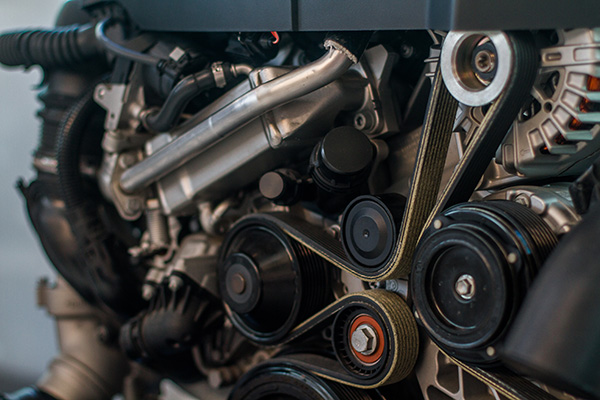
Some car facts sound like trivia, but a few of the “little” ones can save you real money and headaches. When you understand how your car actually behaves day to day, you stop guessing, avoid a lot of drama, and catch problems long before they turn into big repairs. 1. The “empty” fuel light usually comes on with a reserve still in the tank That light does not mean the tank is bone dry, it means you have dipped into a small reserve. Most cars still have several litres or a couple of gallons left when the light first appears, enough to get you to a station if you do not push it. The real danger in running very low all the time is heat and debris, because the fuel pump is cooled by the fuel around it. Letting that pump run hot on a nearly empty tank over and over can shorten its life. 2. Idling too long can waste more fuel than a restart Many drivers leave the engine idling “to save the starter” while waiting in par ... read more
Posted on 11/28/2025
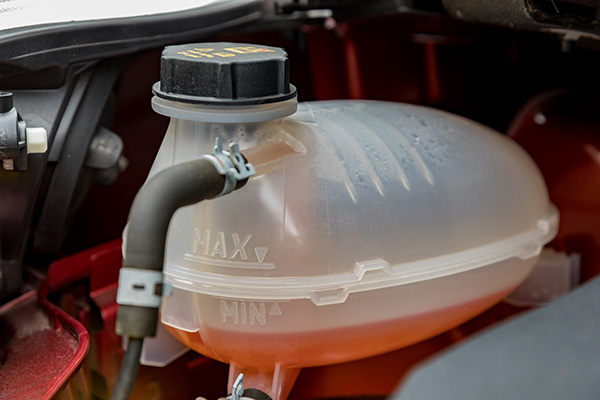
Coolant does not just vanish. If the reservoir keeps dropping, the system is either leaking externally, venting under pressure, or losing fluid internally, where drips do not reach the ground. Sorting those paths quickly protects the water pump, head gasket, heater core, and catalytic converter from heat and contamination. Why Coolant Disappears Without a Visible Leak Coolant expands when hot and contracts as it cools. The radiator cap manages that pressure and vacuum, sending fluid to the reservoir and pulling it back later. Any fault that lets air in on cooldown leaves the reservoir low even if the ground looks dry. Small leaks also evaporate on hot surfaces, so evidence can be faint or invisible by morning. External Leaks That Evaporate Before You See Them Plastic radiators often seep at the tank crimp seams and upper neck. Thermostat housings and quick-connects can mist a small ring around their fittings. Water pump weep holes leave a dusty tr ... read more
Posted on 10/31/2025
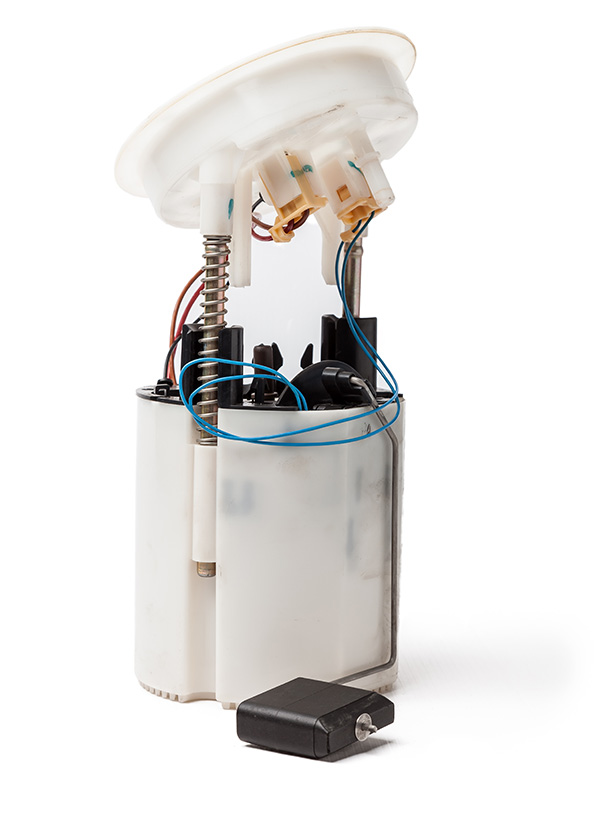
If you catch a strong smell of gasoline near your vehicle but don’t see any liquid on the ground, you’re right to be concerned. Even without a visible leak, that odor can point to a fuel system problem that needs attention. Gasoline vapors are flammable and toxic, so the cause should always be found and fixed as soon as possible. The tricky part is that these smells often come and go. They might appear right after refueling, while idling, or even when the car is parked overnight. Here are some of the most common reasons why this happens and what can be done about it. A Loose or Damaged Gas Cap It might sound too simple, but a worn or loose gas cap is one of the leading causes of fuel odors. The cap seals the top of your fuel tank and keeps vapors from escaping. If the seal inside the cap is cracked or missing, air can move in and out of the tank more freely. When that happens, gasoline vapors escape and create that strong smell near the rear of your vehi ... read more
Posted on 9/26/2025
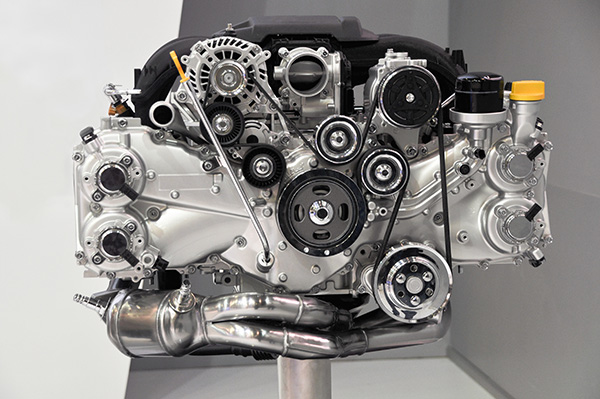
At first glance, diesel trucks and gas-powered vehicles might seem similar. Both require oil changes, brake inspections, and fluid checks. But underneath, diesel engines operate differently. They rely on higher compression, generate more torque, and are often used in heavier-duty applications. These differences affect how often maintenance is needed, what systems require extra attention, and how to keep the engine running reliably over time. Whether you drive a diesel for work or personal use, knowing how its needs differ from a gas-powered vehicle can help you avoid costly repairs and keep it in peak condition. Oil Change Intervals and Oil Type Both diesel and gas engines need regular oil changes, but diesel engines typically run with more oil and at higher pressures. Diesel oil is thicker and contains more additives to handle the demands of higher combustion temperatures and soot from fuel combustion. Oil change intervals for diesel trucks are usually longer than ... read more
Posted on 8/29/2025

Taking your 4x4 onto the trails is exciting, but it puts your vehicle under stresses far greater than normal highway driving. Mud, rocks, steep climbs, and water crossings challenge every system, from the suspension to the drivetrain. Without proper preparation, your fun adventure could turn into an expensive tow or even a safety risk. Preparing your truck or SUV before heading off-road ensures reliability, performance, and peace of mind. Tires Built for Adventure Your tires are the only part of your 4x4 that touch the ground, so they matter most. Street-oriented tires may not provide the traction or durability needed in mud or rocky terrain. All-terrain or mud-terrain tires are designed with deeper tread patterns, tougher sidewalls, and self-cleaning grooves. They improve grip and resist punctures where regular tires might fail. Before you hit the trails, check tire tread depth, look for sidewall cuts, and ensure your spare is in good condition. Adjusting air pressu ... read more
Posted on 7/29/2025

When you’re on the road for hours at a time, keeping everyone in the car entertained can be a challenge. Sure, smartphones and tablets help, but sometimes you need a break from screens—or maybe you're in a spot without service. That’s where no-supply road trip games shine. These simple, fun activities require nothing more than imagination and a little creativity, making them perfect for families, friends, or anyone who wants to make time on the road feel shorter and more enjoyable. Whether you're trying to keep kids occupied or spark some lighthearted conversation between adults, these no-supply games are easy to play and fun for all ages. I Went on a Trip and Brought… This classic memory game is a favorite for all age groups. One person begins by saying, “I went on a trip and brought…” followed by an item that starts with the letter A, like “apples.” The next player repeats that item and adds one that ... read more
Posted on 6/27/2025
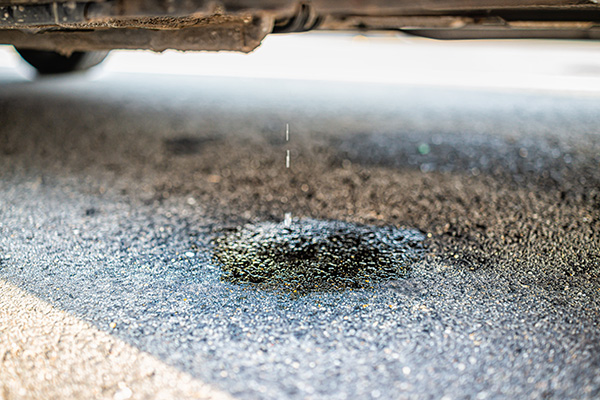
Finding a puddle under your car can be an alarming experience. But not all leaks are cause for panic, and some are more urgent than others. The good news is that your car gives you clues about where the leak is coming from. One of the most effective ways to identify fluid leaks is by examining the color, texture, and even the odor. Knowing the type of fluid leaking can help you communicate clearly with your mechanic and potentially prevent a minor issue from escalating into a major repair. Let’s break down the common fluids your vehicle relies on and how to identify them. Engine Oil LeaksEngine oil is one of the most common leaks you’ll encounter. It typically appears as a dark brown or black puddle beneath the engine area. The consistency is smooth and slick to the touch, and the smell may be faintly burnt or oily. Oil leaks can originate fr ... read more
Posted on 5/30/2025

Your windshield wipers should provide clear, streak-free visibility whenever you need them. But if they’re smearing water across the glass instead of wiping it away cleanly, something’s not right. Smearing makes driving in the rain more dangerous, especially when visibility is already limited. Fortunately, most of the causes are simple and easy to fix. If your wipers are leaving streaks behind, chattering across the glass, or just not clearing the windshield the way they used to, it’s time to take a closer look at what’s going wrong and how to get your wipers back in shape. Wiper Blades Are Worn Out The most common reason for streaking or smearing is worn-out wiper blades. Over time, the rubber edge of the blade hardens, cracks, or becomes misshapen. When that happens, the blade can’t maintain full contact with the glass, and water gets left behind. Most wiper blades need replacement about once a year—more often in areas with freq ... read more
Posted on 4/28/2025
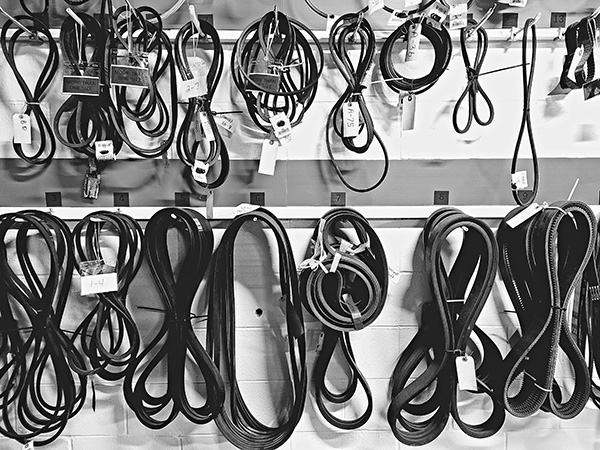
While timing belts and serpentine belts might seem similar at first glance—they’re both rubber belts that help your engine run—they serve very different purposes. Knowing the difference can help you better understand your vehicle’s maintenance needs and avoid costly engine damage. Here's how these two belts work, why they're important, and what signs might indicate trouble. What Is the Timing Belt The timing belt is a critical internal engine component that synchronizes the rotation of the crankshaft and camshaft. This precise timing ensures that your engine’s valves open and close at exactly the right moment during the intake and exhaust strokes. If the timing is off—even by a small amount—it can seriously affect engine performance, and in interference engines, it can lead to catastrophic internal damage. Timing belts are typically located behind protective covers and aren’t easily visible. Because of their ro ... read more